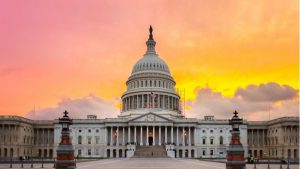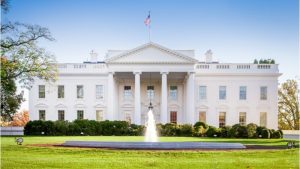In the first legislative step toward paving the way for easier passage of President Biden’s $1.9 trillion COVID-19 relief plan, House Speaker Nancy Pelosi, D-Calif., and Senate Majority Leader Chuck Schumer, D-N.Y., introduced the text of a joint 2021 budget resolution on Feb. 1.
Atlanta Public Schools (APS) are looking to modernize and improve the transportation experience for the 11,708 students who ride the bus to and from school.
Virginia will award over $26.9 million in grants to increase broadband access in the state through the Virginia Telecommunication Initiative (VATI), Gov. Ralph Northam announced Jan. 26. The grants will support five projects in 11 different localities.
N.J. Transit received a Federal grant that will allow it to use AI and video analytics to study customer patterns on the River LINE light rail system, aiding in better crowd management in response to COVID-19.
Ahead of local Texas elections, Harris County Commissioners have voted unanimously to upgrade the county’s election system to have paper-trail technology to better serve its 2.3 million voters.
In recognition of its focus on technology modernization, Carnegie Mellon University has elevated the role of CIO to its executive management team. As a result, Carnegie Mellon announced that Stan Waddell has been promoted to vice president for information technology and CIO, effective immediately.
The University of Texas at Arlington (UTA) is using telepresence robots to help train rural and remote nursing students during the COVID-19 pandemic.
Sens. Maggie Hassan, D-N.H., and John Cornyn, R-Texas, reintroduced a bill that would support the National Guard in helping state and local governments improve their cybersecurity, citing “the SolarWinds attack and continued cyberattacks connected to the COVID-19 pandemic.”
For the seventh time in the National Association of State Chief Information Officers’ (NASCIO) half-century existence, the White House changed political parties with the incoming Biden Administration this month. Given the fact that Federal funds support as much as half of state IT budgets, it is no surprise that such changes in Washington, D.C. can have a significant impact on states’ IT bottom line.
The COVID-19 pandemic has led to the increased adoption of telehealth services, but that positive development for technology-delivered services comes with both benefits and community equity challenges, Federal leaders said this week.













